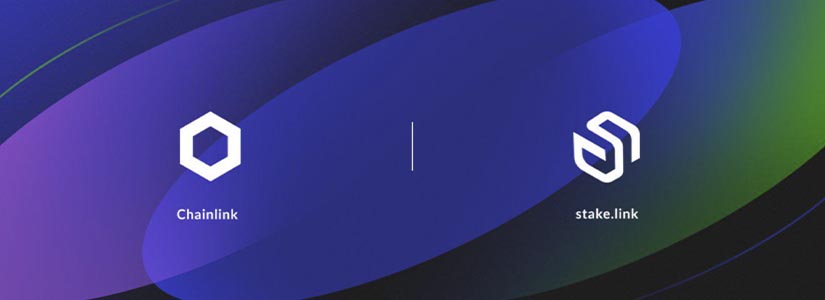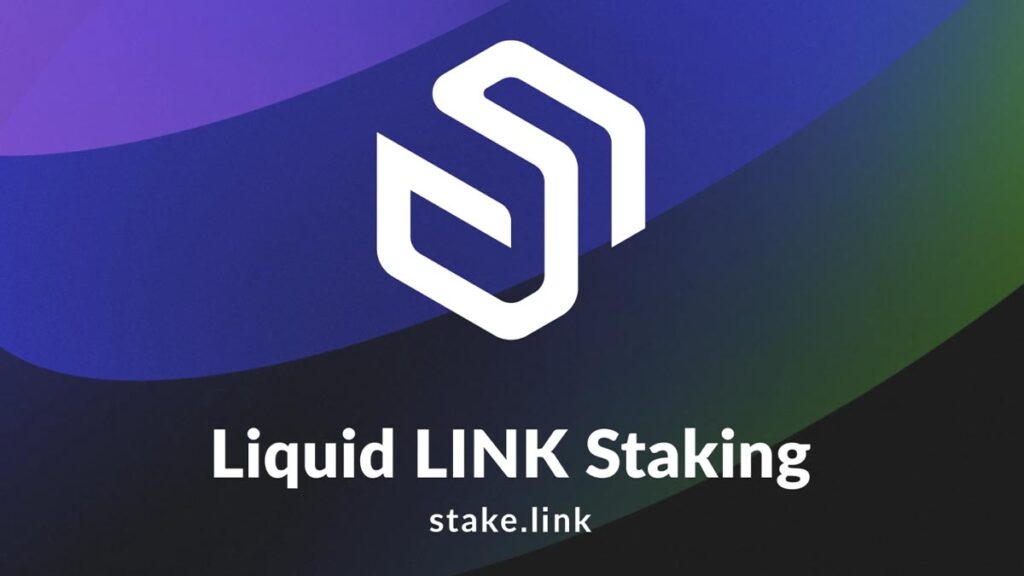TL;DR
- Stake.link offers liquid Chainlink staking on Arbitrum, reducing gas fees.
- Users receive stLINK tokens for their staked LINKs, maintaining liquidity and rewards.
- Chainlink’s “Economy 2.0” integration via CCIP into Arbitrum improves DeFi interoperability.
The DeFi (Decentralized Finance) ecosystem continues to evolve with innovations that seek to improve accessibility and efficiency for users.
In this context, Stake.link has taken a significant step by integrating with Arbitrum, a layer 2 network on Ethereum, to offer liquid Chainlink (LINK) staking.
We're excited to announce that @stakedotlink has deployed to @arbitrum as the first step in our multichain journey.@stakedotlink is officially bringing @chainlink Economics 2.0 cross-chain via Chainlink #CCIP for the first time, and it's happening… pic.twitter.com/CVU2ODkI5A
— stake.link (@stakedotlink) February 28, 2024
The introduction of liquid staking in Arbitrum presents a number of benefits for Chainlink users.
Firstly, it significantly reduces the gas fees associated with staking and DeFi operations, thus addressing one of the main challenges on the Ethereum mainnet.
Additionally, LINK holders can now receive stLINK tokens in exchange for their staked LINK tokens, allowing them to continue earning staking rewards while maintaining the liquidity of their assets.
A standout feature of the integration is the Stake.link “Priority Pool”
This new feature offers users unprecedented flexibility in withdrawing their staked funds.
Unlike Chainlink‘s native staking system, where funds are locked for a minimum of 28 days with a seven-day claim period, Priority Pool allows users to withdraw their assets at any time without needing to wait a cooling withdrawal period.

This improvement in liquidity gives participants greater control over their assets, which may be especially important in a dynamic DeFi environment.
Additionally, the project is bringing the Chainlink “Economy 2.0” via the Cross-Chain Interoperability Protocol (CCIP) for the first time on Arbitrum.
This implies a more advanced approach to economic operations related to Chainlink, which may open up new possibilities for interoperability between different blockchains.
Importantly, while this integration offers numerous benefits, users should be aware of the risks associated with third-party staking and ensure they select trustworthy and reputable platforms.
Stake.link’s integration with Arbitrum marks a significant milestone in the development of DeFi by addressing key challenges such as high gas fees and limited liquidity, while leveraging innovative technologies such as CCIP to improve cross-chain interoperability.
This initiative not only improves the user experience but also contributes to the growth and stability of the overall DeFi ecosystem.










